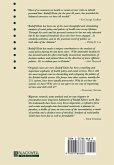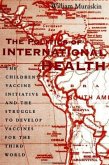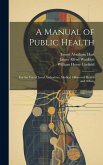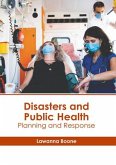Twentieth century public health initiatives have been crucially informed by perceptions and constructions of risk. Notions of risk identification, assessment and mitigation have guided political and institutional actions even before these concepts became an explicit part of the language of public administration and policy making. Past analyses investigating the link between risk perceptions and public health are relatively rare, and where researchers have investigated this nexus, it has typically been assumed that the collective identification of health risks has led to progressive improvements in public health activities. Risk and the Politics of Public Health addresses this gap by presenting a detailed critical historical analysis of the evolution of risk thinking within medical and health related discourses. Grouped around the four core themes of 'immigration', 'race', 'armed conflict' and 'detention and prevention' this book highlights the innovative capacity of risk related concepts as well as their vulnerability to the dysfunctional effects of dominant social ideologies. Risk and the Politics of Public Health is an essential reference for those who seek to understand the interplay of concepts of risk and public health throughout history as well as those who wish to gain a critical understanding of the social dynamics which have underpinned, and continue to underpin, this complex interaction.
Hinweis: Dieser Artikel kann nur an eine deutsche Lieferadresse ausgeliefert werden.
Hinweis: Dieser Artikel kann nur an eine deutsche Lieferadresse ausgeliefert werden.








